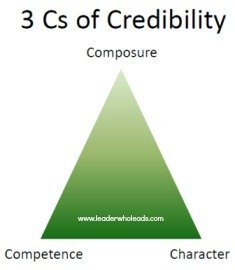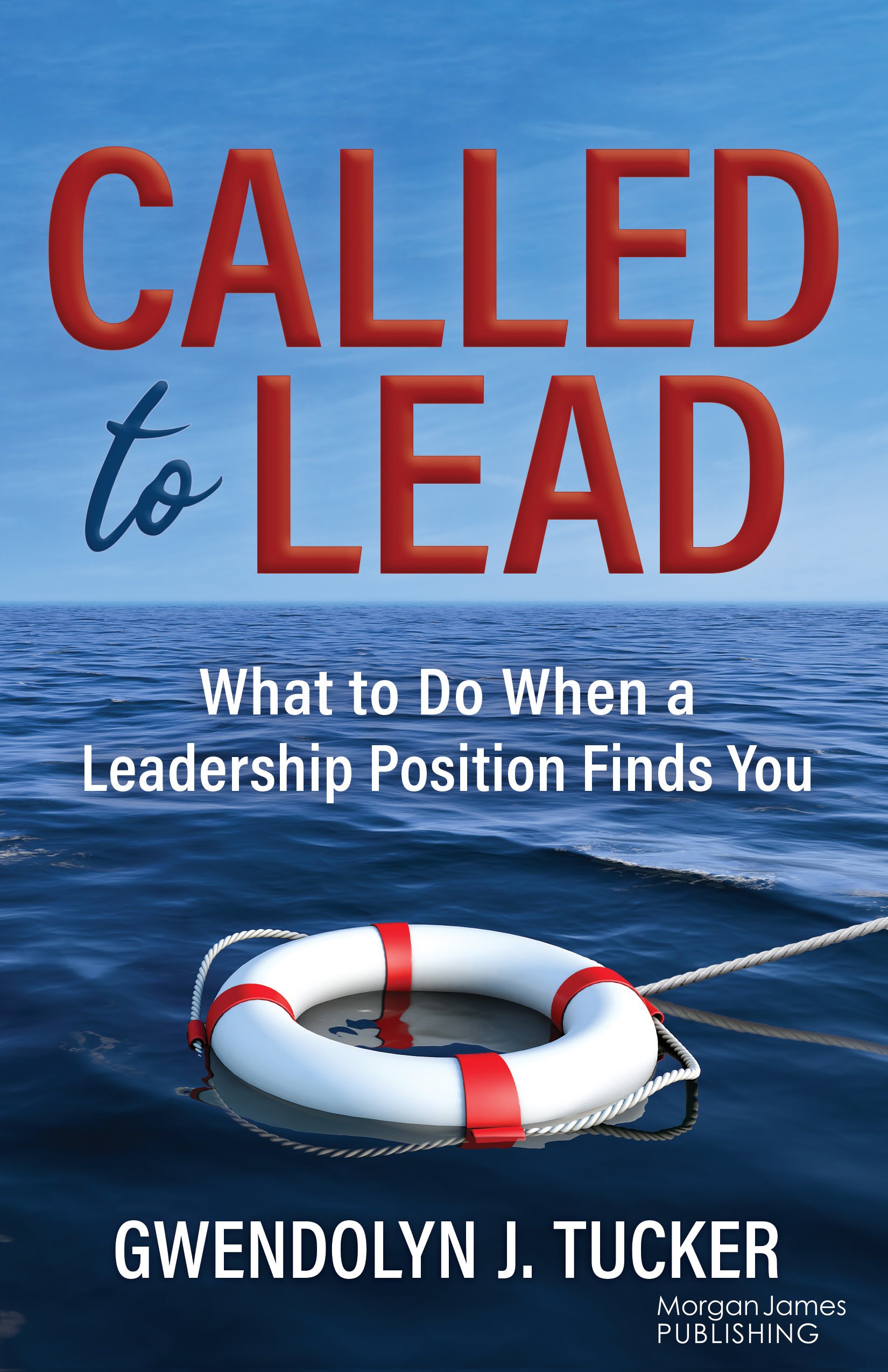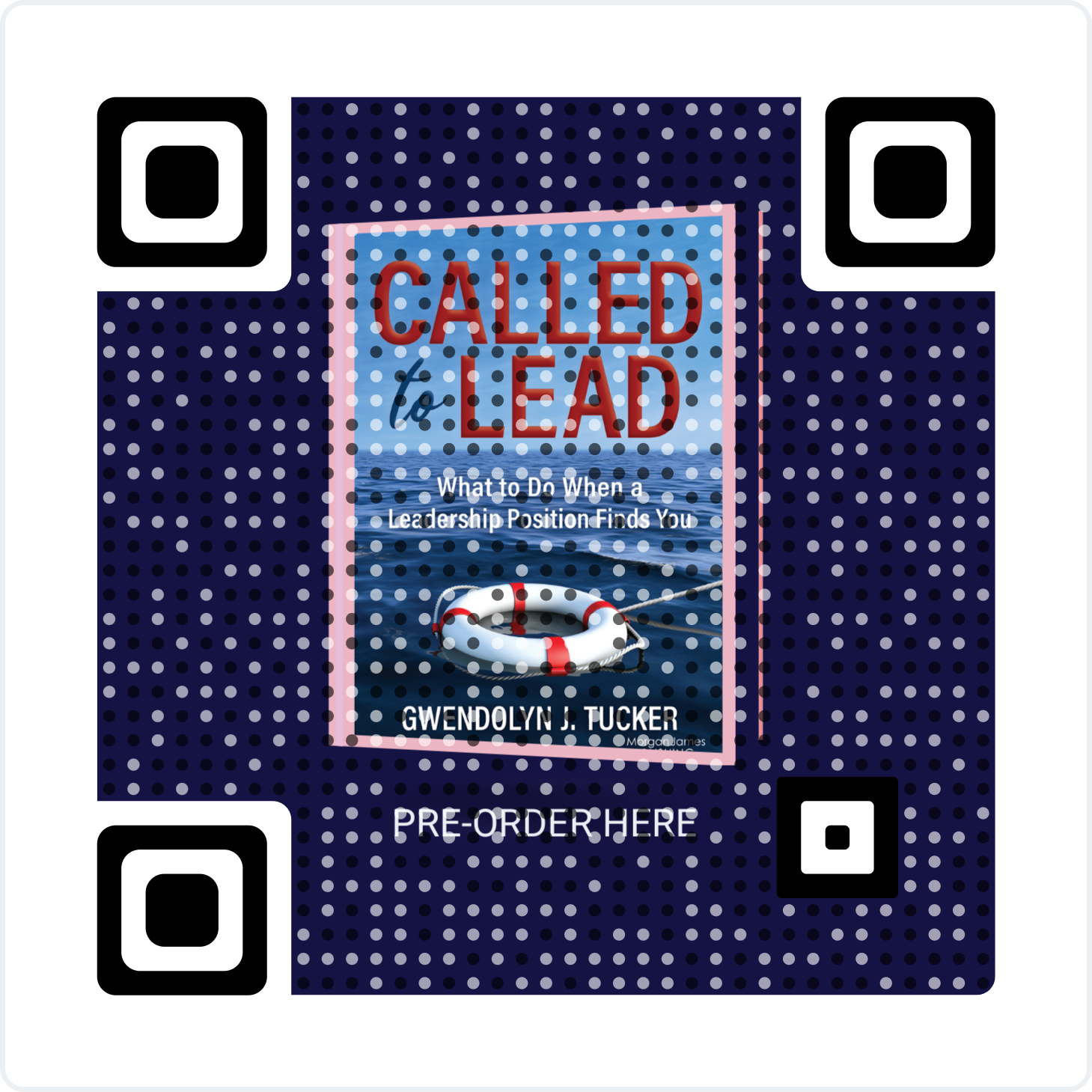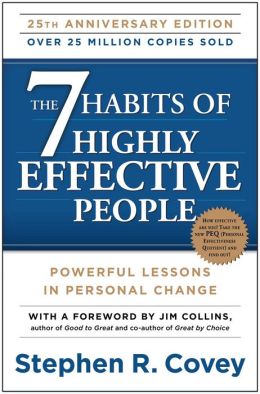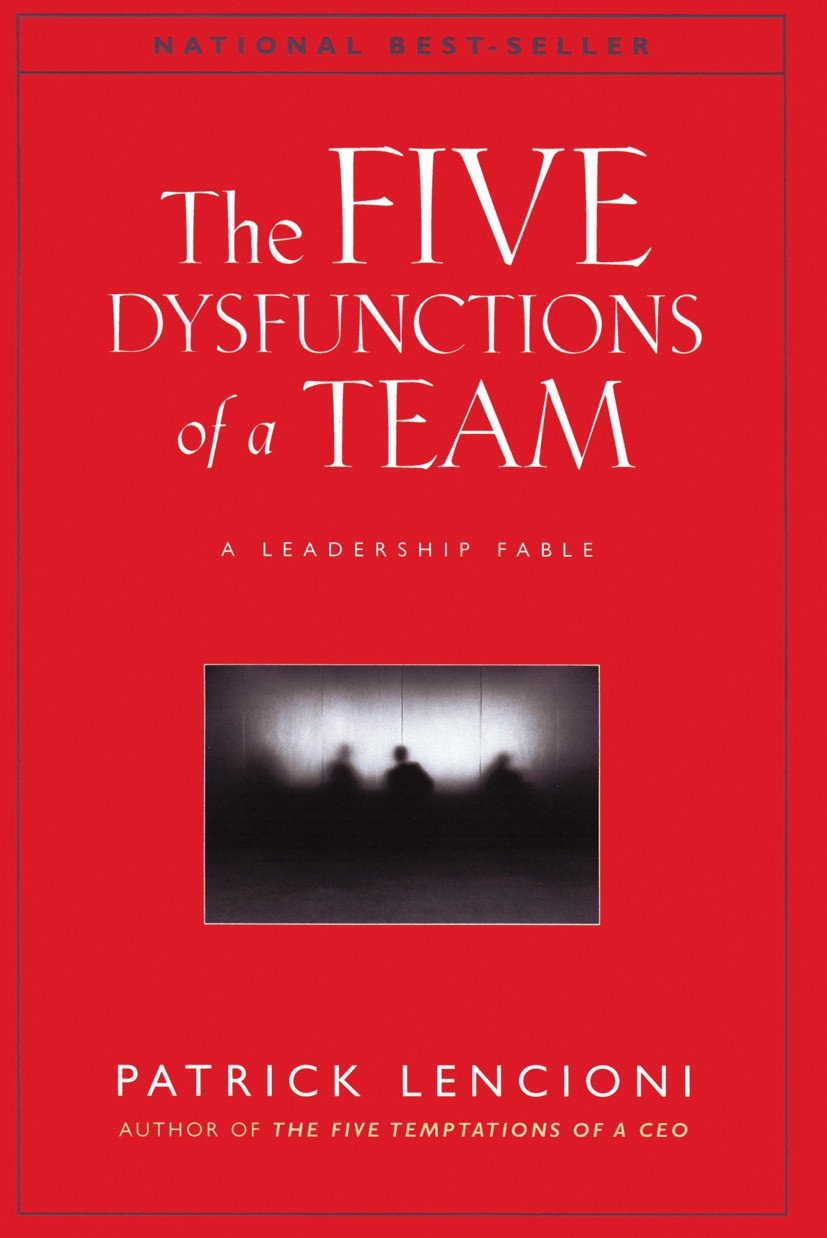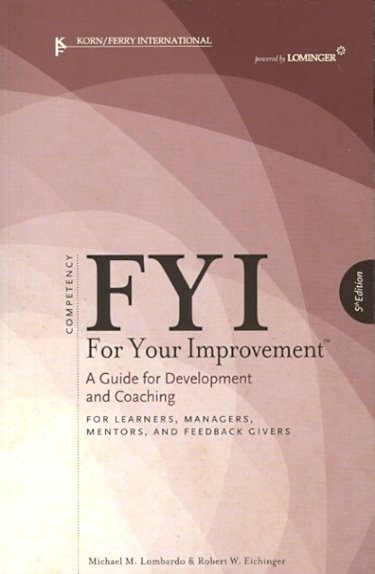Credible Leaders
Credible leaders are simply...incredible!
If you have ever had the privilege of working for someone who is, you know it. They are hard to miss.
Thankfully, I have! I consider myself very fortunate to have worked for some inspiring leaders during my career in corporate.
Two, Bruce and Don, are true leaders who lead! Their influence made me a better person, both personally and professionally.
Credible Leaders
Dictionary.com defines credibility as "having the quality of being believable or worthy of trust." Synonyms include trustworthiness, dependability and integrity.
Think back to the leaders you've reported to during the course of your career. Who was credible and who was not? Who could you depend upon and who was not dependable?
There can be no doubt that leaders make an indelible imprint in the lives of those they lead, either positive or negative.
Those who make a positive difference possess the 3 Cs:
- Competence
- Composure
- Character
They are "The Three Cs of Credibility" developed by Keilty, Goldsmith and Company.
The Cs of Credibility Summarized
I was introduced to this model early in my career and it has proven to be very significant in my development as a leader.
These traits are not limited to those who hold a leadership position. They apply to everyone. But the leader who consistently models these traits achieve extraordinary results.
Below is a visual representation of the 3 Cs of Credibility. A description of each trait is shown below.
Competence
Being well versed in your "craft" or area of expertise is a must for every leader. Credible leaders are competent from a technical/functional standpoint AND they are emotionally intelligent.
They understand that they do not know everything, nor do they need to. So, they don't feel compelled to be a know it all. They have the ability to recognize and leverage the expertise of their team to achieve desired outcomes.
Credible leaders are life-long learners; they know there is always something new to learn or ways to view situations with new eyes.
Composure
One of the reasons why the 3 Cs of Credibility has such an impact on me and me development is due to this trait: Composure. At the time I was introduced to this model, I did not handle stress and pressure well. And it showed up in my relationship with my colleagues.
Composure refers to the ability to maintain self-control, especially when stressed or faced with the unexpected. When faced with the unexpected tended to react, and at times, I overreacted.
Developing my ability to remain cool under pressure, not get easily rattled when things did not turn out as planned took time, intention and practice. Lots of practice.
It started with acknowledging my weakness in this area, getting help to build my muscles so that I could demonstrate matured calmness.
I am still working to improve in this area each and every day.
Character
I really like the way David Brooks defines character. It is the best description I have heard thus far. He says, "Character is unfakeable goodness."
It is authentic goodness, sincerity without manipulation or selfish intent. It encompasses having and acting in the best interests of all involved.
Character is who you are, your true self; the real you inside; the person you are at your core. It comprises your motives and intent, the condition of your heart.
True character is often revealed when under pressure. It is reflected in how you manage yourself in the midst of conflict.
The video below explains in more detail what motivated him to write the book "The Road To Character."
Coach Gwen's Highlights
David's comments about "resume virtues" and "eulogy virtues" are very impactful. Both are necessary to be successful in the workplace (and in life). Unfortunately, more effort has been spent to develop and promote the former rather than the latter.
(For more on The Road to Character, please click here.)
I also like the way John C. Maxwell discusses the topic of character reflected in the quotes below:
"The development of character is at the heart of our development, not just as leaders, but as human beings."
"Character isn't created in a crisis; it only comes to light."
(For more insights from John C. Maxwell, check out The 21 Indispensable Qualities of a Leader and Becoming a Person of Influence.)
Want To Know More?
Know this: Credibility is built over a lifetime but can be lost in a moment. Being conscious of and building up the 3 Cs of Credibility can make a night and day difference in your career.
Please take time to reflect on these three traits of credible leaders and complete this SWOT Analysis to identify your strengths, weaknesses, opportunities and threats.
Then take steps to close the gaps.
- Conflict Management Styles
- 7 Habits of Highly Effective People
- Private Victory
- Public Victory
- For Your Improvement (Coaching Tool)
- Credible Leaders (Slideshare)
- Go to Home
Improve Your Relationship with Your Boss
Are you looking to improve your relationship with your boss? If so, the Boss Relationship Worksheet will help you better understand and communicate more effectively with your immediate supervisor.
To download your copy, submit your information on the form below.
After completing the Boss Relationship Worksheet, you will find that the following will prove helpful in showing you how to cultivate a better working relationship with your boss:
 |
I published my first book and I am beyond excited.
Get your FREE copy of Called to Lead!
ORDER PRINT HERE
Leaders don't
create
followers.
Leaders
create
other
leaders.
- Tom Peters



